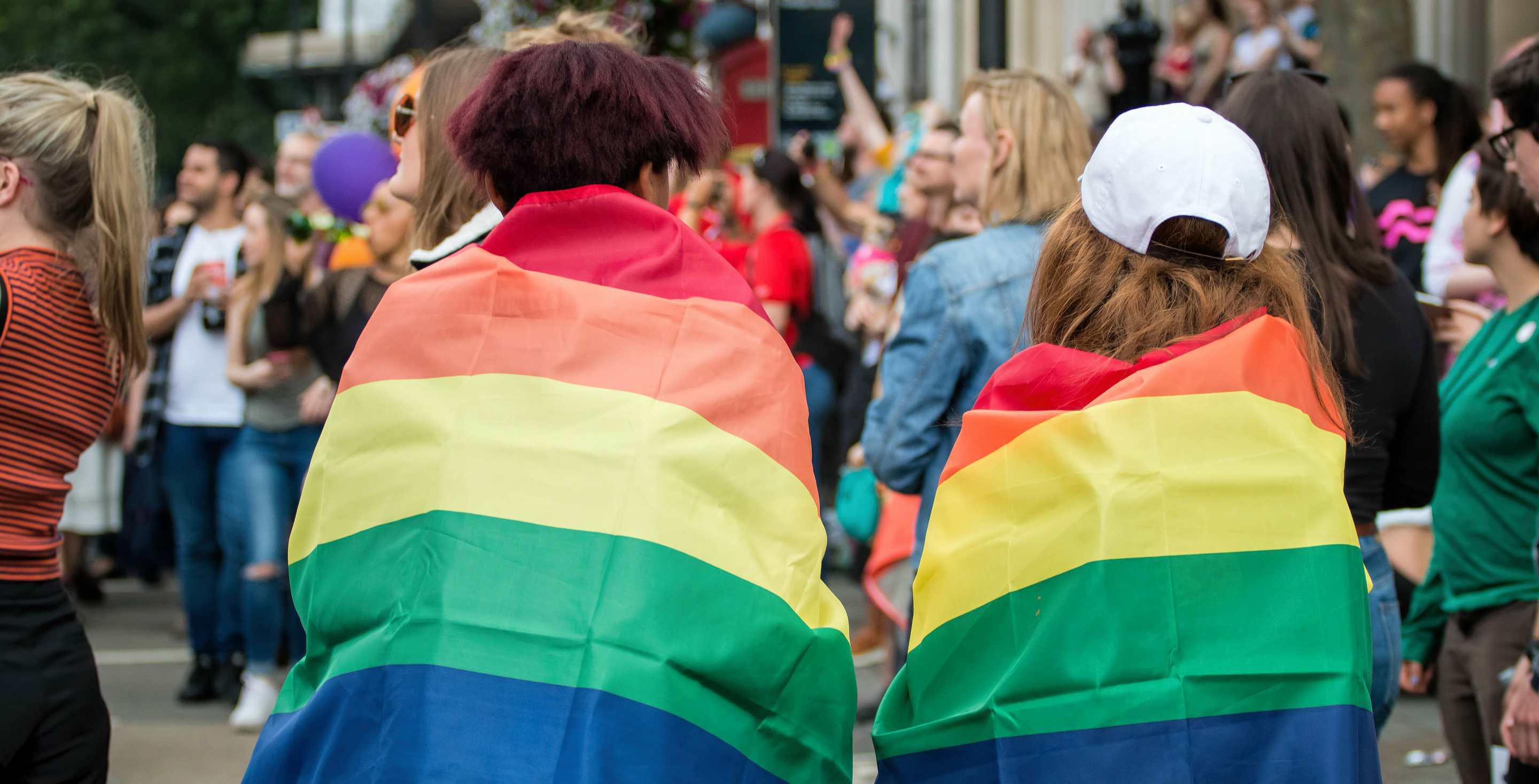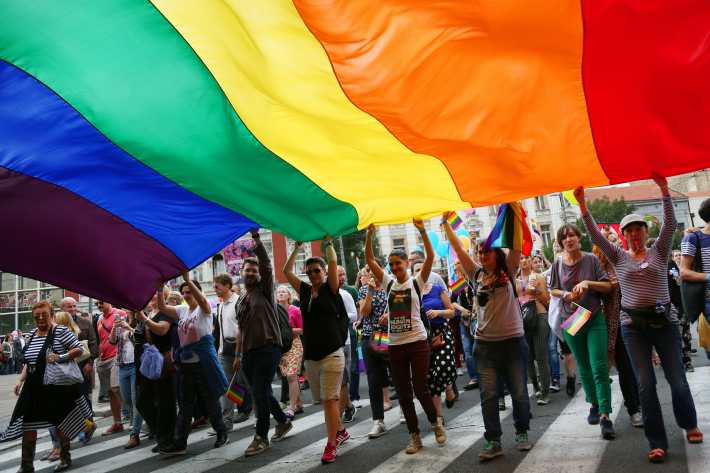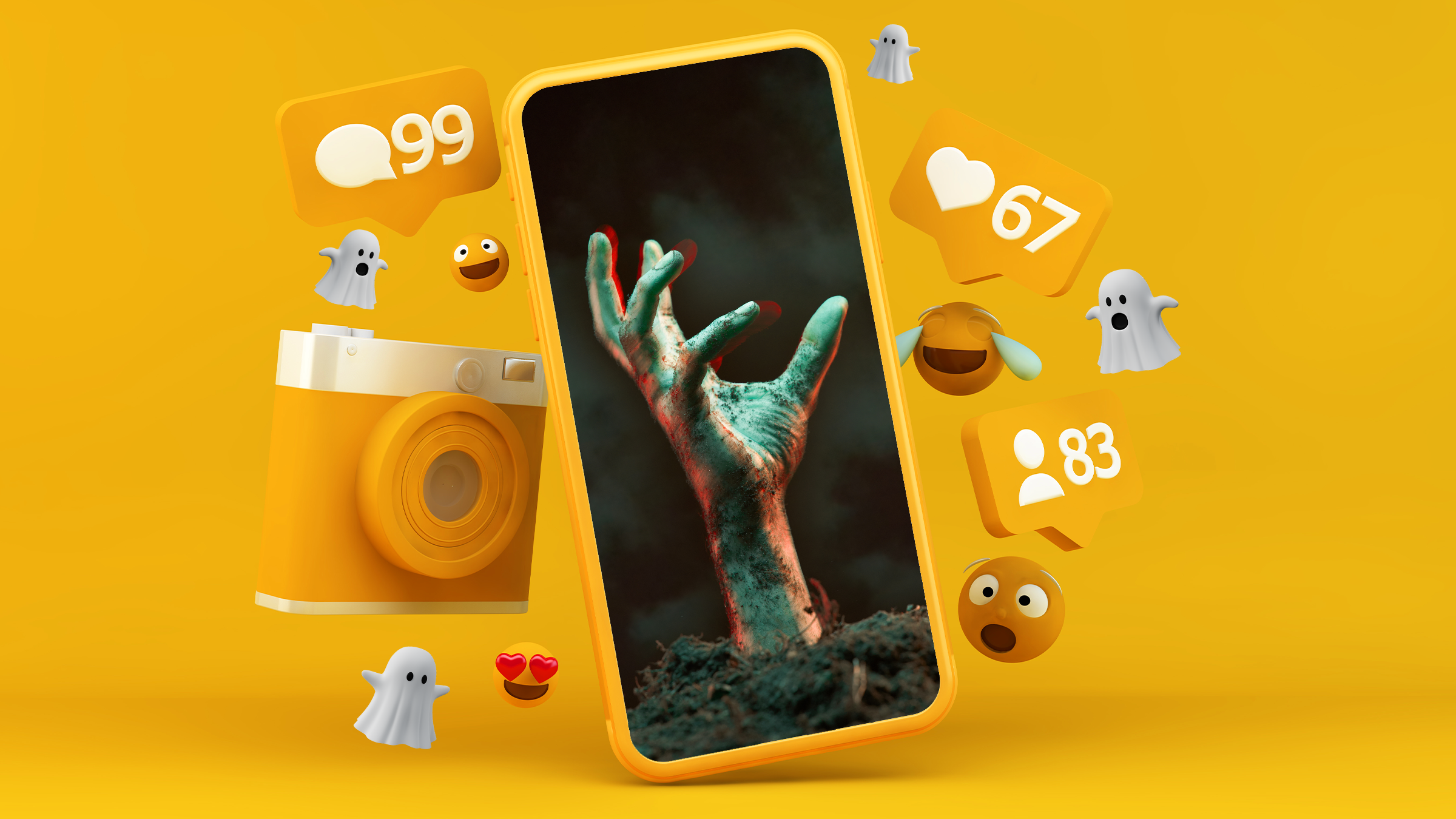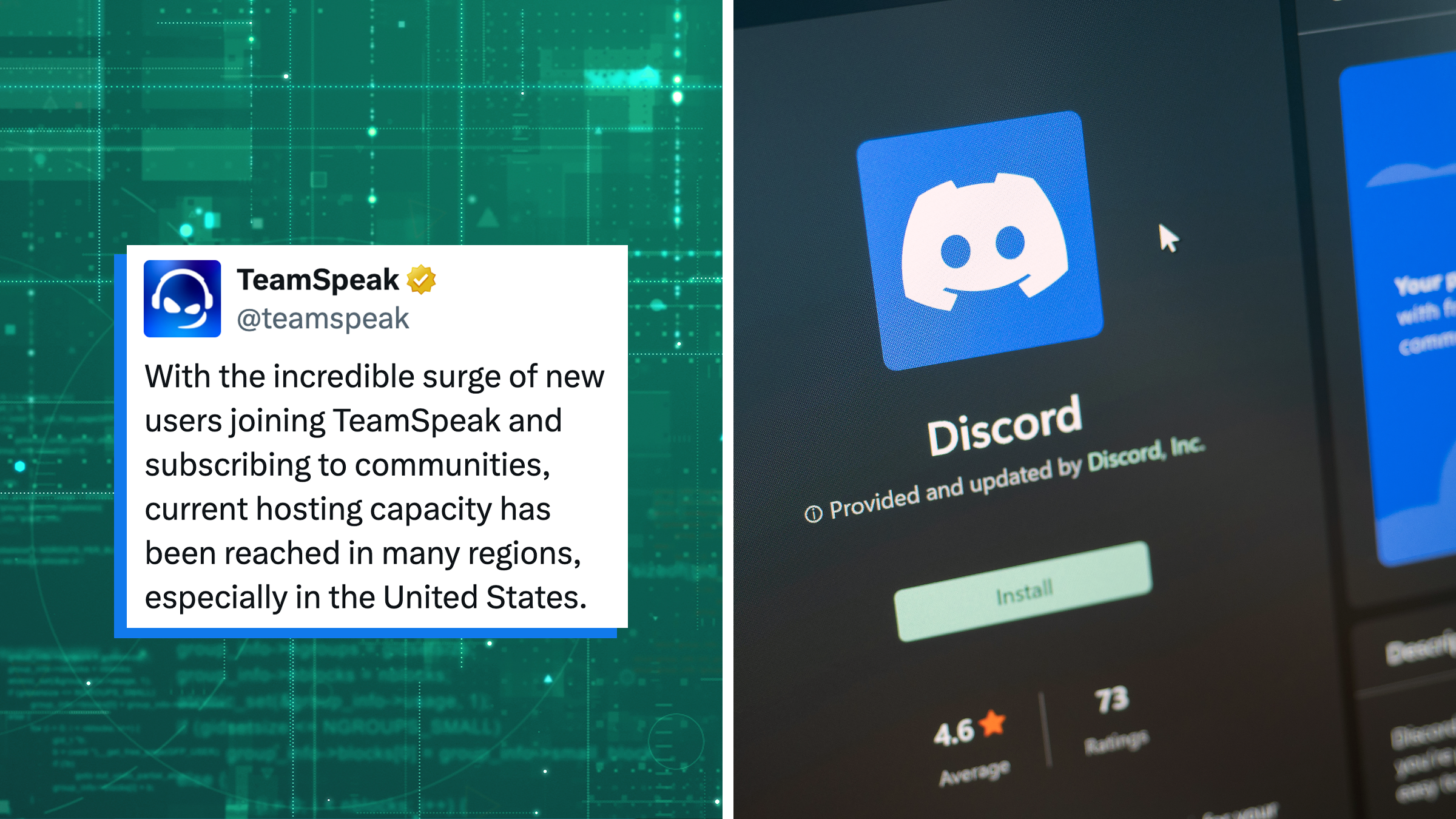As a gay teen who had a “soft” coming out senior year, I was one of the lucky ones to never been bullied in high school. The one exception was being called “queer” by a cafeteria table of growling popular boys as I walked by.
The choice seemed weird to me: Queer? Isn’t that what I am? I paused out of surprise, then decided to keep walking. The word just bounced off my amour.
However, that was circa 2012, decades after the term was considered exclusively a derogatory one, a slur that had been slung at so many members of the LGBTQ community before me.
Because the word has a loaded history, Merriam-Webster offers many different definitions for “queer.” The first of which are pretty steep: “worthless,” “counterfeit,” “questionable,” “suspicious,” “differing in some odd way from what is usual or normal.”
Then there are the ones specifically referring to sexual orientation: “often disparaging and offensive descriptors for being sexually attracted to members of the same sex” and the simple “of, relating to, or used by homosexuals.”
While the former definitions speak to the derogatory origins of the word, the very last one demonstrates how many in the community have taken back the term for themselves. However, those ideas of being “worthless” and “counterfeit” were strongly held beliefs embedded into generations of LGBT people’s self-esteem. It's a stigma should be acknowledged and understood before we so easily, light-heartedly call anyone, even those within our own community, “queer” today.
READ MORE:
The history of queer as a slur
While no one is sure the exact origins of the word, to derogatorily refer to a gay person as queer didn’t gain much momentum until the 1800s.
Novelist Walter Scott wrote in his 1826 novel Woodstock of a character whose appearance was “what is vulgarly called queer.” The slur took on greater traction in 1894, reports Autostraddle, when a Scottish nobleman named John Douglas was none too pleased to discover that his son was having an intimate relationship with the iconic writer Oscar Wilde. He called men like Wilde “snob queers” and the writer was ultimately prosecuted for sodomy.
From these European origins, the use of the word was carried across the pond and into the Los Angeles Times, which reported of “queer people” enjoying themselves in social settings. However, despite all this enjoyment, the word still didn't mean anything positive.
Rather, during much of the 20th century, the negative connotation only festered, as being a queer person of any LGBTQ identification was still considered shameful and abnormal, with gays forced to keep their sexuality hidden completely or tucked away in secret bars.
This immense repression came to a head in the late mid-century, though, most notably with 1969’s Stonewall Inn police invasion and the ensuing riots in New York City, then with the horrific stabbing of gay man Robert Hillsborough in 1979 that shook the city of San Francisco—which was also the same year that playwright Tennessee Williams was beaten in Key West.
These events help shine a light on the violence the LGBTQ community faced, while also igniting the pride celebrations that still occur every June throughout the country. Resistance, like what was seen at Stonewall, was key in bringing the community out of the shadows and into the front lines with the word “queer,” remarkably, as a symbol empowerment.
Reclaiming ‘queer’ for the community
The reclamation of the word was most boldly spread through the streets of New York Pride in 1990. An organization called Queer Nation distributed a flyer titled “QUEERS READ THIS.” Here, the message of being queer was more punk rock, an underground grab-back. The flyer was even radical enough to say, “Straight people are your enemy.” Rejection of cisgender, straight allies aside, however, Queer Nation argued for “queer” as an umbrella term—and with great validity.
While “gay” is a synonym for “happy,” no one’s default setting is constantly smiley and joyous. So Queer Nation wrote that “when a lot of lesbians and gay men wake up in the morning, we feel angry and disgusted, not gay. So we've chosen to call ourselves queer. Using ‘queer’ is a way of reminding us how we are perceived by the rest of the world.
“It is a way of telling ourselves we don't have to be witty and charming people who keep our lives discreet and marginalized in the straight world," it continued. "We use queer as gay men loving lesbians and lesbians loving being queer.”
And, of course, the flyer also brought to light the inclusivity of the term as it applies to more than one gender, more than one sexuality. To be genderqueer is to not subscribe to gender-norm distinctions and conventions. Someone who is genderqueer may identify with parts of the male gender, parts of the female gender, or neither. It’s to be without restrictions.
What does LGTBQ mean?
In that respect, the word “queer” now reaches across such lines in order to create one giant umbrella community of different lifestyles and identifications, whether through sexuality or gender. That is why you see “Q” nowadays attached to LGBT label—it captures all the sexuality and gender identities not represented by lesbian (L), bisexual (B), gay (G), or transgender (T), including pansexual, intersex, asexual, etc.
However, others would say queer an actual orientation in and of itself. A queer orientation does not check into one of the neat, little boxes of gay, trans, or pan. It’s a simple, clean little word that leaves sexual choice wide open.
Because queer can be both everything or something in particular, dating apps aren't always sure how to treat it. Fill out an OKCupid profile and you’ll be asked, “How do you feel about the word ‘queer?” Scruff slides it into identification tags like “leather,” “twink,” and “daddy.” Since the term is often used to cover many sexualities, users could be saying their interest in queer folk is an openness to anyone and everyone in the community.
And as with any identification and the label attached to it, some may still choose not to tie themselves to “queer” at all. There remains a hurtful stigma with the word that, for some, is hard to shake. Respect those who decline being called the former slur.
Among many young people, though, “queer” has, ironically, been normalized, evoking options of identity, not an offensive pigeonholing. It is no longer a bullet, a way to push the community further into the margins; it is instead a warm, rainbow-clad blanket bringing us closer.
F**got, however, is a slur that can stay buried in the closet.







